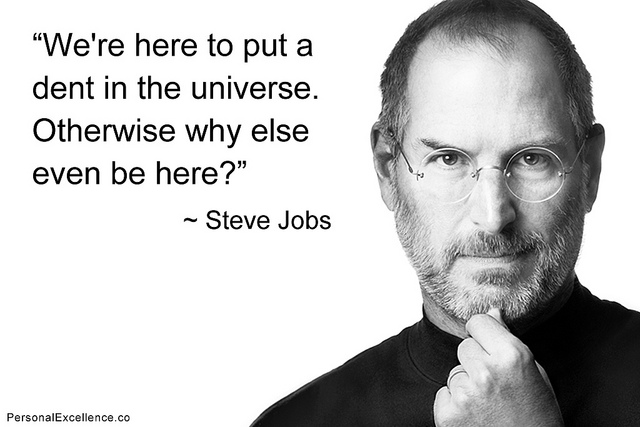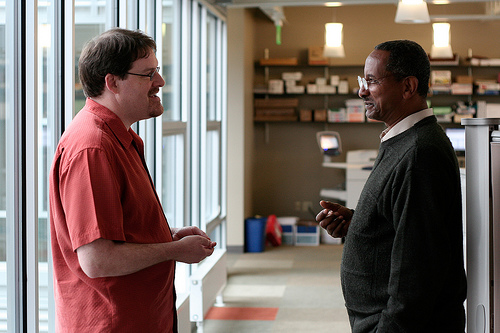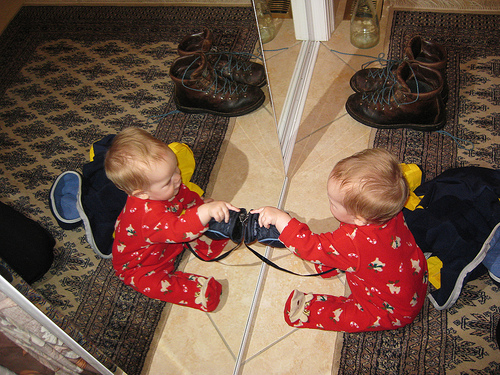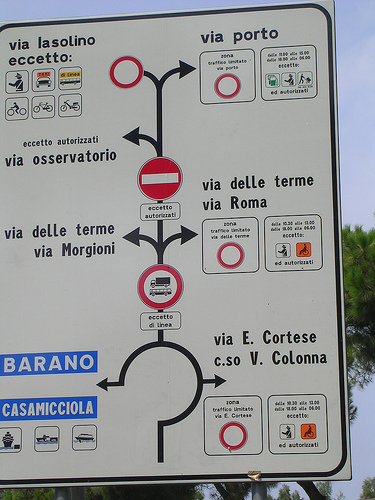blog
Steve Jobs: purpose at work
Steve Jobs, renowned co-founder, Chairman and CEO of Apple Inc, co-founder and CEO of Pixar Animation Studios, and pioneer in the field of personal computers and consumer electronics, captured the heart of what a sense of purpose means at work and for work.
New Microsoft CEO Satya Nadella wants all employees to find meaning at work
In his first interview as new CEO of Microsoft, and in his e-mail to all employees on his first day as CEO, Satya Nadella talked of focussing on three areas, one of them being for “every one of us to find more meaning at work”. He continued: “We spend far too much time at work for it not to have deep meaning….. The best work happens when you know that it’s not just work, but something that will improve other people’s lives”.
Meaning and purpose: fundamental to career refocus
In my career development work with executives and senior managers, the questions of meaning and purpose are what the search for career focus or re-focus inevitably comes down to: individuals looking for clarity on what they really want to do with their careers invariably arrive at this question in some form or another: ‘What difference and what contribution do I want to make in the world?’. It’s often a difficult question to answer, but only when a leader has nailed what really makes them jump out of bed in the morning, every morning, can they get to grips with where they truly want to take their career.
Only a response that is authentic – and what can be more authentic than identifying your purpose? – has enough power to provide a substantial answer that will sustain the individual on their career path. Knowing what your purpose is allows you to be sure that you’re doing what has meaning for you – because for you it’s worth doing at a profound level. Not being clear about your purpose makes it much harder to remedy feeling demotivated or directionless, and correspondingly failing to have the impact you want – on others, on your organisation and on your own career prospects.
Purpose is part of a bigger picture
Purpose may be the most important – and elusive – factor, but there are other significant factors in a career to consider too. Those of my clients working on career re-focus are often concerned as a first priority to find a label for themselves: they’re searching for a professional identity and for the sense of security and comfort that comes with knowing what that identity is – who they are and how others will identify them. They’re often surprised to learn that the label comes at the end rather than the beginning of their career development coaching: it’s the outcome rather than the input of the process.
Values, beliefs, drivers, strengths – and obstacles
On the contrary, the initial input is the discovery and clarification of key factors which include their values (what really matters about their careers and working lives), their beliefs (what they believe to be true about themselves and the world), their drivers (their motivations) and their strengths (both skills and natural talents). It’s also about how they might trip themselves up – what external and internal obstacles might stand in the way of their releasing their true capabilities – and about creating ways to manage those obstacles.
Career direction
This all applies equally too to those who are clear about where they want their careers to go and who want to direct those careers to maximise their opportunities in their chosen fields. Getting to the heart of their authenticity creates an energy and a drive that sustains and nourishes them.
Retirement
And interestingly it’s true too for those on the cusp of retiring – or indeed who have already retired. Retirement for some people may be the first occasion in their working life when they discover the work they really love.
Self-concept develops over a lifetime
For them all the questions remain valid at whatever stage in their careers they find themselves. It’s the answers that may vary as time proceeds. Any career development strategy benefits from the recognition that individuals change over time. That’s why I like Donald Super’s career theory model, which – far from aiming to find a once-and-for-all answer – emphasises the importance of self-concept as it develops over a lifetime: Super recognises that account needs to be taken of changes in an individual’s values, beliefs, drivers and sense of meaning – and, I’d add, the capacity for emotional self-awareness and self-management, and the ability to understand and map who they are onto the systems in which they find themselves.
Photo by Celestine Chua via Compfight
Career strategy: purpose and meaning, values and strengths
New Microsoft CEO Satya Nadella has pinpointed meaning at work as a fundamental goal because that’s ‘what makes the best work happen’. In my career development coaching with executives and senior managers, questions of meaning and purpose, values and beliefs, drivers and obstacles, emotional awareness and a capacity to situate yourself in your systems, are core to career focus or refocus.
Read more »The coaching contract: what does it mean for the client?
Lindsay’s article on what really goes on in contracting has been published in Coaching at Work magazine, January-February 2014 issue. The article explores the fact that, especially for coaching clients new to coaching, the meaning of the contract only becomes clear once they're experiencing the coaching and its impact. Perhaps the contracting process itself would benefit from being more reflective.
Read more »The multi-generational workforce - and diversity of pace
In most organisations baby-boomers (and older) work alongside Generations X and Y. Their attitudes to pace can divide them: Xers and Yers often resist the idea of slowing down long enough to reflect while the baby boomers are more inclined to reflect. The generations are most effective when they’re aware of and respect others’ assumptions and world views - and coaches are most effective when they can enter the client’s world.
Read more »Teams, listening and connection
Leaders are sometimes solitary and lonely figures, disconnected from their team . Leaders who who listen to their teams see in return greater engagement, better retention rates and bigger, more long-lasting results.
Read more »Extremes of uncertainty in coaching
Lindsay's article on extremes of uncertainty in coaching has been published in Coaching at Work magazine, November-December 2013 issue. The article explores what works when clients find themselves adrift, or when the foundations of their careers or their lives have seemed to disintegrate.
Read more »Optimism: a route to high performance
Humans tend to overestimate the likelihood of positive events, and underestimate the likelihood of negative events. Optimists work harder and longer hours than pessimists, which may account for their higher pay - and optimism has been linked to achievement in education, business, sport and electoral politics. This doesn't seem to fit with our society's tendency to drive for perfectionism, condemn mistakes, and focus on what's gone wrong.
Read more »Resilience, the bottom line and Ordinary Magic
Research has shown that engaged organisations experienced 11.74% quarterly revenue growth compared to a 6.30% decline in revenue at organisations with less engagement - and resilience helps build engagement. resilience is often the backdrop to my executive coaching, Success isn’t about travelling a smoother road but rather about climbing out of the pothole and bouncing back – and the key to being able to do that isn’t just to keep going, but to keep learning. Also relevant is the work of Ann Masten, on Ordinary Magic: children’s resilience is linked to: connection with competent and caring adults, cognitive and self-regulation skills, positive views of the self, and motivation to be effective - just like leaders in many ways.
Read more »Article on coaching that's free of the coach's ego
When I’ve been truly present, when I’m delivering a deep level of listening, when I’m in a relationship of ‘connected separateness’ with my executive coaching clients - without an attachment to the coaching objectives, albeit holding those objectives in focus - the quality of their development and transformation has sometimes been startling.
Read more »Self-awareness: the heart of executive coaching
My belief is that leadership is about creating momentum for a better world by inspiring and engaging other people: in other words, enabling human flourishing. If leaders are to get things done through other people they need to create and nurture trusting, vibrant relationships, to inspire with a vision, to persuade and energise, and to engage with other people’s perspectives. This ability to connect with others is crucially dependent on the ability to connect with self: to become aware of one’s own behaviours and thinking, drivers and blockers. Equipping a client to become deeply self-aware is at the heart of executive coaching.
Read more »Chaos and organisational life
In the chaos and confusion that sometimes is the hallmark of life at work, while their organisations are demanding big results, what leaders really need is the simplicity and peace to know who they are and that they have the resources to sustain and nourish themselves.
Read more »











